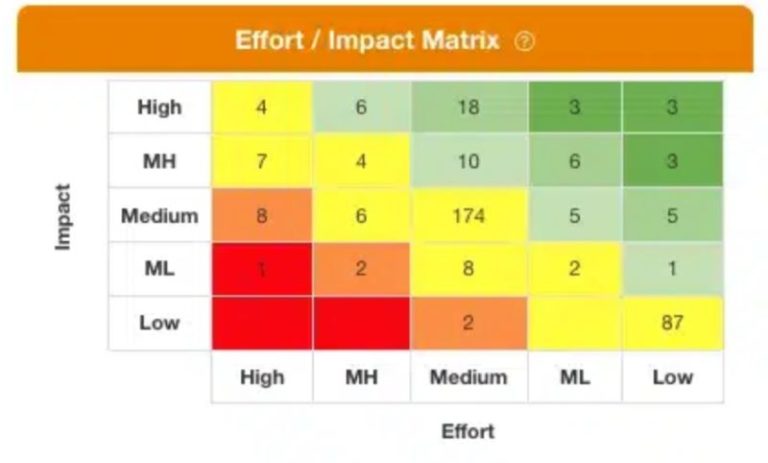

Navigating the financial landscape as a self-employed individual can be a daunting task. Unlike traditional employment, where certain financial aspects are managed by the employer, self-employed professionals must take a more hands-on approach. Effective financial management is critical, not only for the immediate success of their business ventures but also for their long-term financial security. This article explores key strategies and tips that can help self-employed individuals strengthen their financial health and steer their businesses towards sustained success.
1. Establishing a Solid Financial Foundation: The first step for any self-employed individual is to establish a stable financial foundation. This involves more than just having enough capital to start your business. It means creating a comprehensive plan that covers budgeting, expense tracking, and financial goal setting. Start by assessing your initial capital needs, considering both your business expenses and personal living costs. Develop a budget that reflects your income patterns and business cycles. Regular financial planning helps in anticipating challenges and ensuring that your business is built on a solid financial base.
2. Education as a Financial Tool: Financial literacy is crucial for anyone delving into self-employment. Understanding the nuances of finance helps in making informed decisions, managing risks, and maximizing profits. One effective way to enhance your financial knowledge is by pursuing an online MBA in Finance. This type of program offers flexibility for busy professionals and provides deep insights into financial management, investment strategies, and economic trends. Armed with this knowledge, self-employed individuals can better navigate the complexities of business finance, from managing cash flow to making strategic investment decisions.
3. Effective Budgeting Strategies: Budgeting is particularly challenging for self-employed individuals due to fluctuating income streams. It’s essential to develop a budget that accommodates this variability. Start by analyzing your income patterns over the past few years to understand your average monthly income. Based on this, create a budget that covers your fixed expenses, such as rent and utilities, and variable expenses like supplies and marketing costs. Prioritize essential expenses and be prepared to adjust your budget as income fluctuates. Regularly reviewing and adjusting your budget ensures you stay on track financially.
4. Savings and Emergency Funds: One of the most critical aspects of financial planning for the self-employed is building savings and emergency funds. The unpredictable nature of self-employment income makes having a financial buffer essential. Aim to set aside a portion of your income regularly in a high-yield savings account, keeping in mind that the interest earned can help your savings grow. Taking a moment to calculate APY (Annual Percentage Yield) can provide a clearer understanding of your potential earnings. Additionally, build an emergency fund that covers at least three to six months of living and business expenses. This fund serves as a safety net during periods of low income or unexpected expenses, ensuring financial stability and peace of mind.
5. Understanding Taxes and Deductions: Taxes can be a complex aspect of self-employment. It’s important to understand your tax obligations and take advantage of deductions to reduce your taxable income. Keep meticulous records of all business-related expenses, as many of these can be deducted, including home office costs, travel expenses, and equipment purchases. Stay informed about tax regulations and deadlines, and consider working with a tax professional to ensure compliance and optimize your tax situation. Proper tax management not only helps in avoiding legal issues but also maximizes your earnings.
6. Investment Strategies for the Self-Employed: Investing is a crucial component of financial management for self-employed individuals. Unlike traditional employees who might have employer-sponsored retirement plans, self-employed professionals need to be proactive in securing their financial future. Diversifying your investment portfolio is key. Consider a mix of stocks, bonds, and perhaps real estate, depending on your risk tolerance and investment goals. Retirement accounts specifically designed for self-employed individuals, such as a Solo 401(k) or SEP IRA, are excellent options. Regularly contributing to these can compound over time, ensuring a more secure financial future.
7. Managing Cash Flow Effectively: Cash flow management is vital for the survival and growth of any self-employed business. With irregular income streams, it’s important to maintain a clear view of your cash flow – what’s coming in and what’s going out. Tools like cash flow statements and forecasts can be immensely helpful. They allow you to anticipate periods of tight cash flow and plan accordingly. Strategies such as invoice promptly, offering early payment discounts to customers, and maintaining a cash reserve can help smooth out cash flow fluctuations. Effective cash flow management ensures that you have the funds needed to operate and grow your business.
8. Health Insurance and Retirement Plans: As a self-employed individual, you’re also responsible for your own health insurance and retirement planning – benefits typically provided by employers in traditional roles. For health insurance, options include purchasing a policy through the marketplace or joining a professional group that offers insurance benefits. When it comes to retirement planning, as mentioned earlier, self-employed retirement accounts like a Solo 401(k) or SEP IRA are beneficial. Regularly contributing to these plans not only ensures a secure retirement but also offers tax benefits.
Conclusion: Financial management for self-employed individuals involves a multi-faceted approach. From establishing a solid financial foundation to leveraging technology for financial management, each aspect plays a crucial role. By embracing these strategies, self-employed professionals can not only navigate the challenges of financial management but also set the stage for long-term business success and personal financial security.


